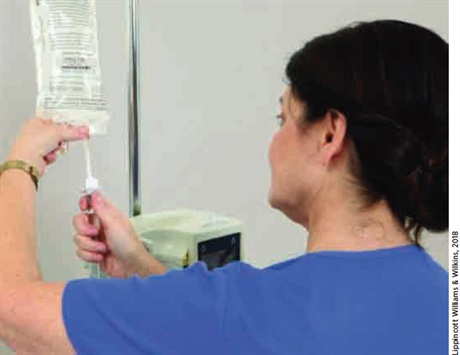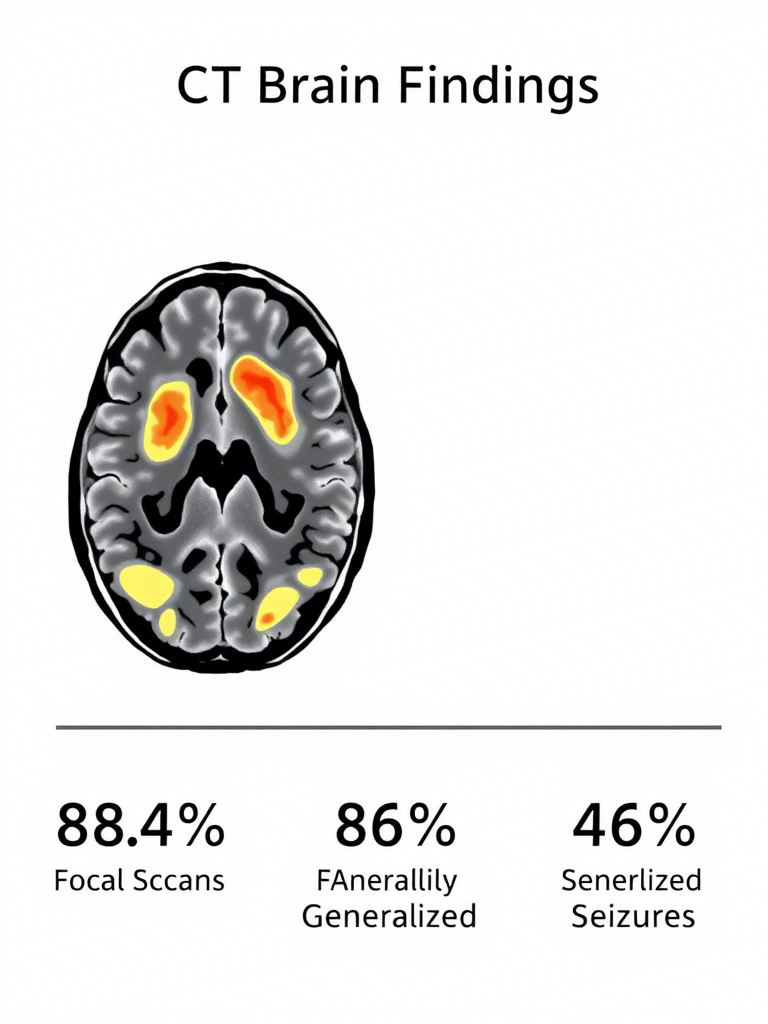Association Between Vitamin D Deficiency and Recurrent Urinary Tract Infections in Adults: A Cross-Sectional Study
Thomas Heinemann1, Jörn M. Schattenberg2, Thomas Gress3, Jan Kielstein4, Philip Wenzel5
Keywords:
Keywords: Vitamin D deficiency, recurrent urinary tract infection, adults, innate immunity, prevalence, diabetes, risk factors, 25-hydroxyvitamin D, internal medicine, cross-sectional studyAbstract
Background:
Recurrent urinary tract infections (UTIs) remain a significant public health concern, affecting nearly 30% of adult females and 10% of adult males worldwide. Emerging evidence suggests that Vitamin D deficiency, prevalent in 70-90% of adults in the Middle East and Africa, may impair innate immunity, increasing susceptibility to infections. This study aims to explore the association between Vitamin D deficiency and recurrent UTIs in adults.
Methods:
A cross-sectional study was conducted on 280 adult patients (female: 200, male: 80) attending Internal Medicine and Nephrology clinics over a 12-month period. Inclusion criteria included patients aged 18-65 years with documented ≥3 UTI episodes within the past year. Serum 25-hydroxyvitamin D levels were measured, and patients were categorized as severely deficient (<10 ng/mL), deficient (10-20 ng/mL), insufficient (21-29 ng/mL), and sufficient (≥30 ng/mL).
Results:
The mean age of participants was 41.8 ± 12.3 years. Overall, 72.1% (202/280) of patients had Vitamin D deficiency (<20 ng/mL), while 15.7% (44/280) were insufficient, and only 12.1% (34/280) had sufficient levels. Among those with recurrent UTIs, 85% (238/280) had Vitamin D levels below 20 ng/mL. A significant correlation was observed between severe Vitamin D deficiency and the frequency of UTI episodes (mean 5.1±1.3 episodes/year in severely deficient vs. 3.4±1.1 episodes/year in sufficient group, p<0.001). Diabetic patients (32.5%) showed a higher prevalence of severe Vitamin D deficiency (91.2%) compared to non-diabetics (65.4%, p=0.002).
Conclusion:
Vitamin D deficiency is highly prevalent among adults with recurrent UTIs, with 85% of cases occurring in deficient individuals. The severity of deficiency correlates with increased UTI episodes. These findings suggest that Vitamin D screening and supplementation could play a preventive role in managing recurrent UTIs in adults.
Downloads





